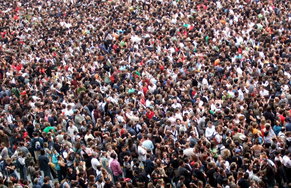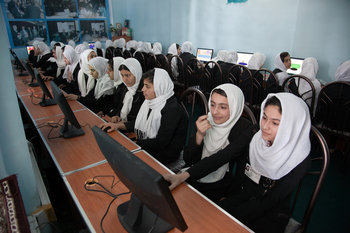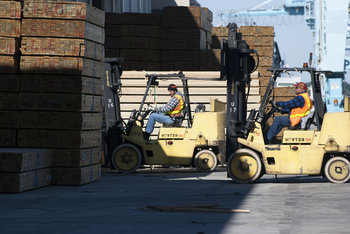
Industrialization
It is a mistake to equate advanced economies with industrialization. This is 20th century or perhaps 19th century thinking as most advanced economies are extremely diversified with the relative size of their industrial sector on the decline. This is only likely to continue as manufacturing becomes more of a commoditized element of the value chain as compared to research, development, information technology, design, services, customer experience and marketing.Globalization
Advanced economies are massively interconnected with the rest of world in areas such as trade, labor and travel.Service Economy
The shift of value creation from tangible to intangible things. For example, sectors such as information technology, education, medicine, travel, entertainment and media that create mostly intangible value.Knowledge Economy
An economy that is able to lead the world in areas such as research, design, product innovation and service innovation. Knowledge is mostly valuable where it leads.Middle Class
All countries have a small wealthy elite. A defining characteristic of advanced economies is broad participation in capital accumulation whereby a significant portion of the population have discretionary income that can be saved, invested or spent on luxuries. This allows for lively elements of the economy to thrive such as startups and small business.Consumer Economy
An economy where firms compete to meet every need of the consumer. Consumers come to dominate an advanced economy whereby businesses begin to buy consumer goods because they are superior to those specifically designed for business. Consumers also participate in production processes such as design whereby they may eventually replace professionals. This is supported by technology and is only likely to accelerate with time. For example, a future app that allows a novice to design their own sailboat with the app doing the work to make it seaworthy and compliant to standards and reasonable practices.Infrastructure
Hard infrastructure such as bridges and soft infrastructure such as hospitals and universities. This is a basis for economic efficiency and productivity that allow for a high standard of living.Quality of Life
As the middle class grows, people push for better quality of life in areas such as education, health, medicine, environment, resilience, culture and society. A high quality of life also attracts foreign direct investment and prevents capital flight.Specific Examples
Current examples of advanced economies include Norway, Switzerland, Ireland, Iceland, Finland, Denmark, Sweden, Netherlands, Australia, Slovenia, Canada, Singapore, United Kingdom, United States, Germany, Czech Republic, Belgium, New Zealand, Austria, Japan, Hong Kong (China), South Korea, Italy and Spain.| Overview: Advanced Economy | ||
Type | ||
Definition | A highly developed economic system that produces a high standard of living and quality of life for a nation, region or city. | |
Related Concepts | ||
























